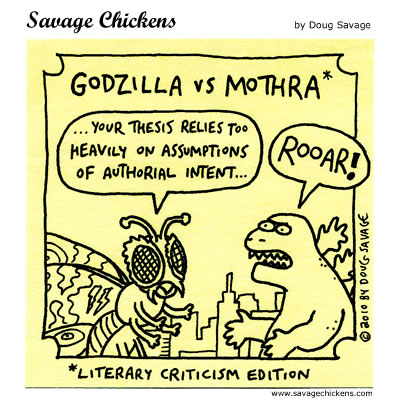

Richard Wright

A defining force in mid-twentieth-century African American literature, Richard Wright (1908-1960) became the world’s most famous black author with the hard-boiled naturalist novel Native Son (1940) and the unsparing autobiography Black Boy (1945). Born on a farm near Natchez, Mississippi, Wright began his literary career in big-city Chicago, where he joined the John Reed Club and the U.S. Communist Party. Increasingly dissatisfied by the Party, as well as by the earliest signs of the Second Red Scare, he moved to Paris in 1946. The FBI closely followed Wright’s progress, personal and professional, from 1942 through 1963, targeting his passport and keeping him on the Security Index of major threats to the U.S. even after his expatriation. Wright was highly conscious of FBI surveillance and police power more generally, addressing both in his unpublished Paris novel Island of Hallucination (1959) and in the pained but humorous poem “The FB Eye Blues” (1949). After he passed away in 1960, Ollie Harrington, Amiri Baraka, and other black radicals suspected that the FBI or CIA was responsible for Wright’s sudden death.
Library Hours
Main phone: 210-486-0554
If you do not have your SAC ID, simply go to the Fletcher Administration Center room 200 A to get yours made.
You've already paid for it, so go get one! Plus, you can get handy discounts of 10- 20 percent around town.
Students can check out up to 7 items for 2 weeks. However, you must have your student ID to do so.
Visit the ID Center web site for hours:
This LibGuide will help you through the process of research for your ten (10) page paper!

1. Define Topic: What do you know? Verify with Background Info.
2. Devise Strategy: What do you want to find out? List keywords.
3. Search Sources: Look at Books, Articles, Web sites, etc.
EVALUATE what you're doing: Change your keywords/database; Are you finding appropriate items?


2nd floor (North) - Reference collection, Reference desk, LIBRARIANS, Internet computers, Group Study Rooms
2nd floor (South) - Microfilm Periodicals, Library Instruction classrooms, Quiet Study Area
3rd floor - Circulating collection (check out books & media), Circulation desk, Group Study Rooms
4th floor - Library McAllister Collection & Performance Area, Group Study Rooms, Quiet Study Area, Reserve collection, Reserve desk, Interlibrary Loan, GET CHANGE & PAY FINES $$
5th floor - Library Faculty & Staff Offices, Acquisitions, Discoverying

Racism in the 1920s invaded every aspect of life in the United States. Many people outwardly expressed such feelings in public with few reservations. Given this longstanding social atmosphere, black Americans naturally suffered greatly when the economy declined in 1929. Those employed were often the first to be laid off when company fortunes fell. The slogan "Last Hired, First Fired" became well known. By 1932 black Americans had a 50 percent unemployment rate compared to 25 percent in the U.S. population in general. With unemployment escalating, jobs previously considered "Negro occupations" suddenly became attractive to the larger population. These jobs included domestic help, elevator operators, street cleaners, garbage collectors, waiters, and bellhops. Blacks were considered fit for only low paying dirty jobs no one else wanted. In Atlanta the slogan "No Jobs for Niggers Until Every White Man Has a Job" became popular among whites. Those blacks able to keep their jobs sometimes had their wages cut in half.
"Black Americans 1929-1941." Historic Events for Students: The Great Depression. Ed. Richard C. Hanes and Sharon M. Hanes. Vol. 1. Detroit: Gale, 2002. 66-86. U.S. History in Context. Web. 2 Mar. 2015.